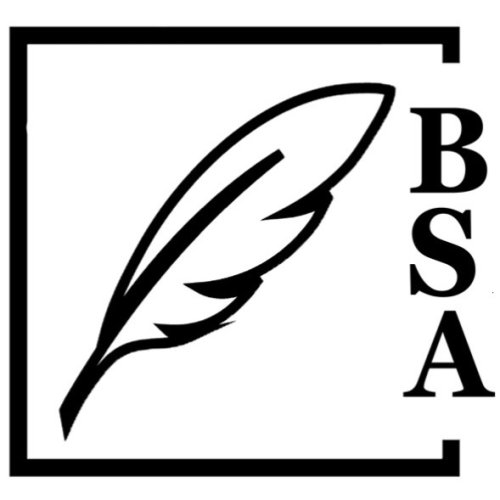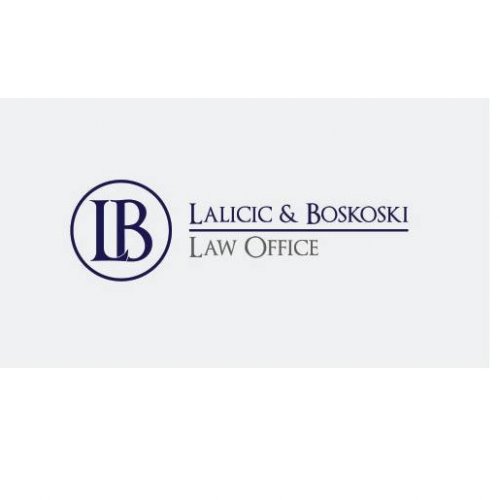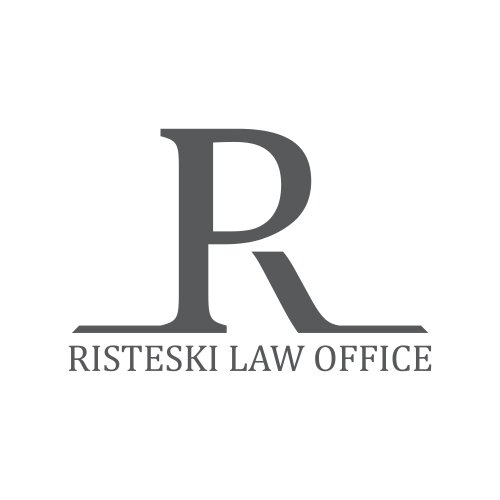Best Public-Private Partnerships (PPP) Lawyers in North Macedonia
Share your needs with us, get contacted by law firms.
Free. Takes 2 min.
Or refine your search by selecting a city:
List of the best lawyers in North Macedonia
About Public-Private Partnerships (PPP) Law in North Macedonia
Public-Private Partnerships, commonly known as PPPs, are collaborative agreements between government entities and private sector companies to finance, build, and operate projects such as infrastructure, public services, and utilities. In North Macedonia, PPPs are governed by specific legal frameworks designed to encourage private sector investment and expertise in public projects. These laws aim to improve public service delivery, boost economic development, and efficiently manage public resources while sharing both risks and rewards between the public and private parties involved.
Why You May Need a Lawyer
Engaging in a Public-Private Partnership involves complex legal, financial, and operational considerations. You may require legal assistance in several situations, including:
- Drafting or reviewing PPP contracts and agreements
- Navigating public procurement procedures
- Ensuring regulatory compliance with local laws and policies
- Dispute resolution between public authorities and private partners
- Structuring financing and investment arrangements
- Risk management and project due diligence
- Negotiating terms with governmental authorities
- Dealing with licensing or permitting issues
Legal help can prevent costly errors, safeguard your interests, and ensure your project aligns with North Macedonian legal requirements.
Local Laws Overview
The primary legal framework for PPPs in North Macedonia is governed by the Law on Concessions and Public-Private Partnerships. This law sets out the procedures, rights, and obligations for establishing and managing PPPs. Key aspects include:
- Definition of PPPs: The law clearly defines what constitutes a PPP and distinguishes it from other forms of public contracts.
- Procurement Process: PPP projects typically require transparent and competitive public procurement procedures with clear selection criteria.
- Contractual Arrangements: The law outlines mandatory provisions for contracts, including risk allocation, performance standards, and public oversight mechanisms.
- Public Interest Safeguards: There are requirements to ensure projects serve the public interest and maintain high standards of transparency and accountability.
- Project Monitoring: Ongoing monitoring and evaluation mechanisms are mandated to track performance throughout the project lifecycle.
- Dispute Resolution: The law provides mechanisms for handling disputes, often through arbitration or court proceedings.
- Sector Specific Regulations: Some projects in sectors like energy, transport, or water may also fall under additional sector regulations.
Any party considering entering a PPP in North Macedonia must become familiar with these legal provisions to ensure compliance and the success of their project.
Frequently Asked Questions
What is a Public-Private Partnership (PPP)?
A PPP is a formal agreement between a public institution and a private company to deliver public infrastructure or services, sharing both risks and benefits according to a mutually agreed contract.
Which law regulates PPPs in North Macedonia?
The Law on Concessions and Public-Private Partnerships is the primary legislation governing PPPs in North Macedonia. Other sector-specific rules may also apply.
What types of projects are usually realized under PPPs?
Common PPP projects include roads, bridges, energy infrastructure, water supply, waste management, schools, hospitals, and public transport services.
How are partners selected for PPP projects?
Partners are usually selected through competitive public procurement procedures designed to ensure transparency, non-discrimination, and the best value for money for the public sector.
What are the key phases of a PPP project?
Phases typically include project identification and preparation, procurement and selection of a private partner, contract negotiation and signing, implementation, and ongoing monitoring and evaluation.
What risks should be considered in a PPP?
Risks can include financial, legal, operational, political, and project-specific risks. Proper legal structuring is necessary to ensure that risks are fairly allocated between the parties.
Can a PPP contract be modified once signed?
PPP contracts may be modified under certain conditions stated in the law and contract, but major modifications usually require renegotiation and sometimes a new procurement process.
How are disputes in PPP projects resolved?
Disputes are typically resolved through the mechanisms established in the contract, often involving arbitration or national courts, depending on the agreement.
Do foreign companies face any restrictions in PPPs?
Foreign companies can participate in PPPs but must comply with national laws, including eligibility criteria and possible local content requirements.
What are the main benefits of PPPs for the public sector?
PPPs provide access to private sector expertise, innovation, and financing, help share project risks, and can lead to more efficient and sustainable public service delivery.
Additional Resources
If you are seeking further information or assistance with PPPs in North Macedonia, consider contacting or consulting the following:
- Ministry of Economy of the Republic of North Macedonia - responsible for PPP policy development
- Public Procurement Bureau - oversees public procurement procedures including those related to PPPs
- Chamber of Commerce of North Macedonia - offers networking and advisory services for businesses considering PPPs
- Legal and consulting firms specializing in PPP and infrastructure law
- Official government portals providing legal texts, guidelines, and updates on PPP legislation
- International organizations such as the World Bank or EBRD, which often provide advisory and technical support for PPPs in the region
Next Steps
If you are considering or involved in a PPP project in North Macedonia and require legal advice, here are steps to help guide you:
- Identify the specific needs and objectives for your PPP project.
- Gather all relevant documentation, including project proposals, tender notices, and draft contracts.
- Contact a qualified lawyer or law firm specialized in PPP and public procurement law in North Macedonia.
- Request an initial consultation to assess your legal position and clarify any regulatory requirements.
- Work closely with your legal advisor during contract negotiation, due diligence, and whenever amendments or disputes arise.
- Stay updated on any changes to PPP legislation and relevant sectoral regulations that may affect your project.
Seeking timely legal guidance can help you navigate the complexities of PPPs, reduce risks, and contribute to project success in North Macedonia.
Lawzana helps you find the best lawyers and law firms in North Macedonia through a curated and pre-screened list of qualified legal professionals. Our platform offers rankings and detailed profiles of attorneys and law firms, allowing you to compare based on practice areas, including Public-Private Partnerships (PPP), experience, and client feedback.
Each profile includes a description of the firm's areas of practice, client reviews, team members and partners, year of establishment, spoken languages, office locations, contact information, social media presence, and any published articles or resources. Most firms on our platform speak English and are experienced in both local and international legal matters.
Get a quote from top-rated law firms in North Macedonia — quickly, securely, and without unnecessary hassle.
Disclaimer:
The information provided on this page is for general informational purposes only and does not constitute legal advice. While we strive to ensure the accuracy and relevance of the content, legal information may change over time, and interpretations of the law can vary. You should always consult with a qualified legal professional for advice specific to your situation.
We disclaim all liability for actions taken or not taken based on the content of this page. If you believe any information is incorrect or outdated, please contact us, and we will review and update it where appropriate.
Browse public-private partnerships (ppp) law firms by city in North Macedonia
Refine your search by selecting a city.











